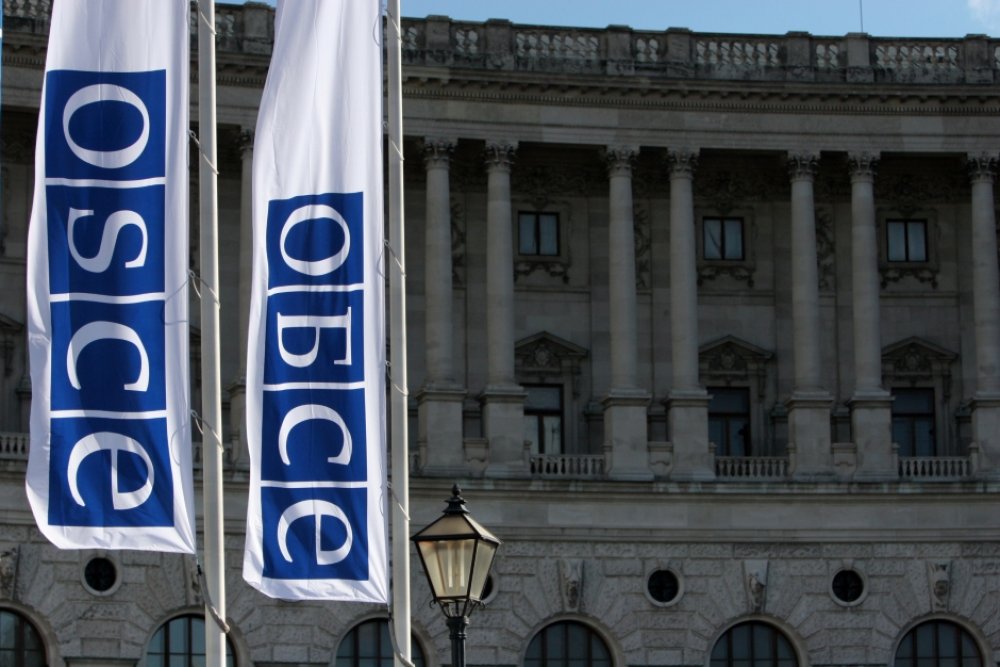The 2012 Meeting of the OSCE Ministerial Council in Dublin: All a Matter of Quid Pro Quos?
When the OSCE Ministerial Council meets in Dublin on 6 and 7 December, a strong presence of Foreign Ministers is expected. But what results can be anticipated? Will there be enough substantive decisions to make the Irish OSCE Chairmanship a success? There are a number of draft Ministerial Council decisions in all three security dimensions on the table that are currently under discussion in the respective committees in Vienna. Many of them will probably be debated until the very last minute and in some cases consensus may either not be reached at all or only be found in the early morning hours of 7 December in Dublin.
The Irish OSCE Chair has tabled drafts on, inter alia, strengthening freedom of the media, improving good governance and combating corruption, and on the OSCE’s efforts to address transnational threats. Further draft decisions under discussion are on security of information and communication technologies, issues relevant to the Forum for Security Co-operation (FSC) as well as on Small Arms and Light Weapons and Stockpiles of Conventional Ammunition. A number of other participating States or groups of states have submitted their own proposals. For example, Russia, Kazakhstan and Belarus have tabled a draft decision on strengthening the effectiveness of OSCE election related activities, and the United States of America have suggested a draft on fundamental freedoms in the digital age. In addition, Mongolia became the 57th OSCE participating State on 21 November after a complicated accession process, and will be welcomed at Ministerial level in Dublin. This is a good deliverable.
In general, it is important to note that the success of some decisions frequently depends on the success of others. Hence, one participating State might link its approval of a specific decision to the support by the other participating States of another decision. In other words, progress in area “A” is dependent on progress in area “B”. The result is usually some sort of package deal. This practice of “linkages” or “quid pro quos” can be observed in many multilateral fora and will surely play a big role in Dublin. Although this practice often requires intensive negotiations, it can still be seen as a form of cooperative bargaining that eventually helps to bring about consensus.
While the outcome is consensus-based, getting to that point can be difficult. Bargaining becomes problematic when participating States do not only link one decision with another, but also make their approval of certain decisions conditional on trade-offs related to the approval of the annual budget or the prolongation of mission mandates. This practice of taking decisions hostage involves a great deal of threats and pressures and is often perceived as uncooperative by colleagues as it puts the entire work of the OSCE at risk. This uncooperative behavior is often due to supposedly irreconcilable views on issues such as the importance of the different security dimensions or the protracted conflicts. It also explains why participating States have not been able to agree on a political declaration since 2002 and will very likely not be able to do so in Dublin either. This negative development continues to hamper progress in many areas of work. A way has to be found to address these diverging views.
There is one more draft decision that deserves mention here. It concerns the realization of a “free, democratic, common and indivisible Euro-Atlantic and Eurasian security community,” as agreed upon at the 2010 OSCE Astana Summit. In this draft decision, participating States aim to adopt a forward-looking and strategic approach until 2015, which marks the 40th anniversary of the Helsinki Final Act. Although there are two diametrically opposing views on the issue of realizing a Euro-Atlantic and Eurasian security community (for more information see “What’s the big IDEAS?”), this draft decision – if it flies – will force the successive Chairmanships (Ukraine, Switzerland and Serbia) to take a coordinated approach and to engage in an intergovernmental dialogue about the future of the OSCE.
In conclusion, it should be kept in mind that the success of the Dublin Ministerial Council meeting will not depend on the amount of decisions adopted. In any case, the OSCE has already adopted a breadth of commitments and strategy documents that serve as a good basis. It is important to keep them alive and to focus on their implementation. Hence, the success of the Dublin Ministerial Council and indeed the OSCE in general will depend more on whether participating States will be able to reconcile some of their opposing views and whether leadership will be taken in bringing everyone on board and preventing disengagement. It is high time to do so.



Comments
* Your email address will not be published